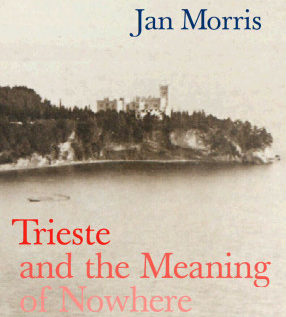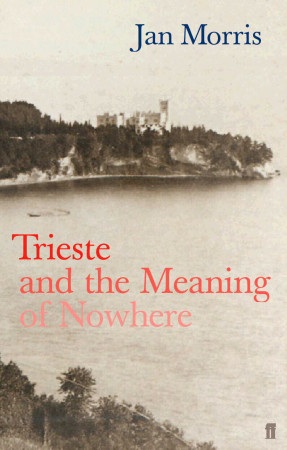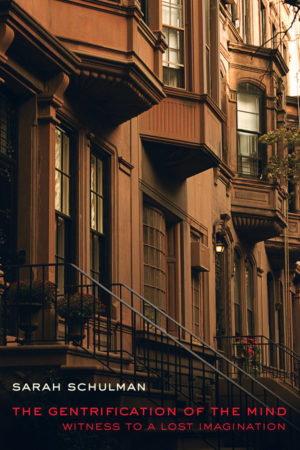The Harz Journey
Heinrich Heine (1826)
Recommended by Andrew Hodgson
Die Harzreise is an account of a trip from the German town of Göttingen (‘famous for its sausages and university’) into the Harz mountains. You couldn’t want a more entertaining travel companion than Heine, whose voice is by turns sarcastic and lyrical, sentimental and ironic, curious and bored. Along the way are encounters with grotesque tourists, records of hallucinatory dreams, a descent into a coal mine, poems and songs in celebration of the quiet life, an ascent of the Brocken, and passages of unaffected pleasure in nature. The book ends, in a moment typical of its witty self-awareness, with Heine ‘lost in thought’ on top of a rock in the Ilse Valley, almost tumbling into a ravine under the influence of his own giddy delight in the surroundings.





 This is a queer book – one that refuses the well-worn and instantly recognizable structure of academic books, that doesn’t follow the storyline academic books are supposed to follow. As Schulman writes in her introduction, ‘some ideas have to be formally replicated, instead of being described. They have to be evoked.’ The Gentrification of the Mind is a memoir and analysis of the years during the AIDS crisis during which Schulman witnessed the disappearance of the New York she knew and loved, with the spectre of AIDS moving hand-in-hand with gentrification and mainstream consumerism. It laments lost places and lost people (‘destroyed neighborhoods remain destroyed’) but it is also a celebration of difference and futurity, of using activism and the arts to reclaim those lost places: ‘in order for radical queer culture to thrive, there must be diverse, dynamic cities in which we can hide/flaunt/learn/influence – in which there is room for variation and discovery’.
This is a queer book – one that refuses the well-worn and instantly recognizable structure of academic books, that doesn’t follow the storyline academic books are supposed to follow. As Schulman writes in her introduction, ‘some ideas have to be formally replicated, instead of being described. They have to be evoked.’ The Gentrification of the Mind is a memoir and analysis of the years during the AIDS crisis during which Schulman witnessed the disappearance of the New York she knew and loved, with the spectre of AIDS moving hand-in-hand with gentrification and mainstream consumerism. It laments lost places and lost people (‘destroyed neighborhoods remain destroyed’) but it is also a celebration of difference and futurity, of using activism and the arts to reclaim those lost places: ‘in order for radical queer culture to thrive, there must be diverse, dynamic cities in which we can hide/flaunt/learn/influence – in which there is room for variation and discovery’.